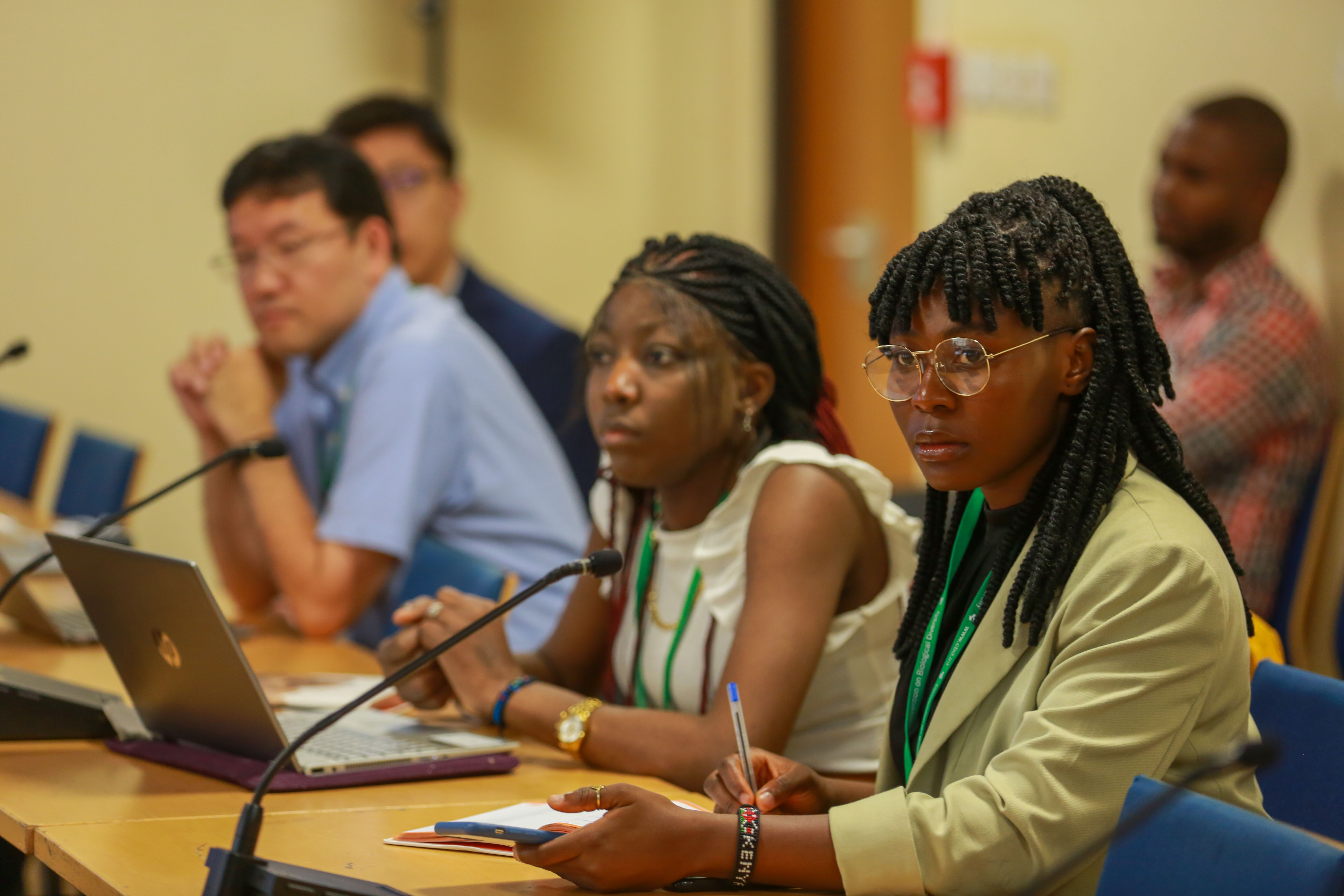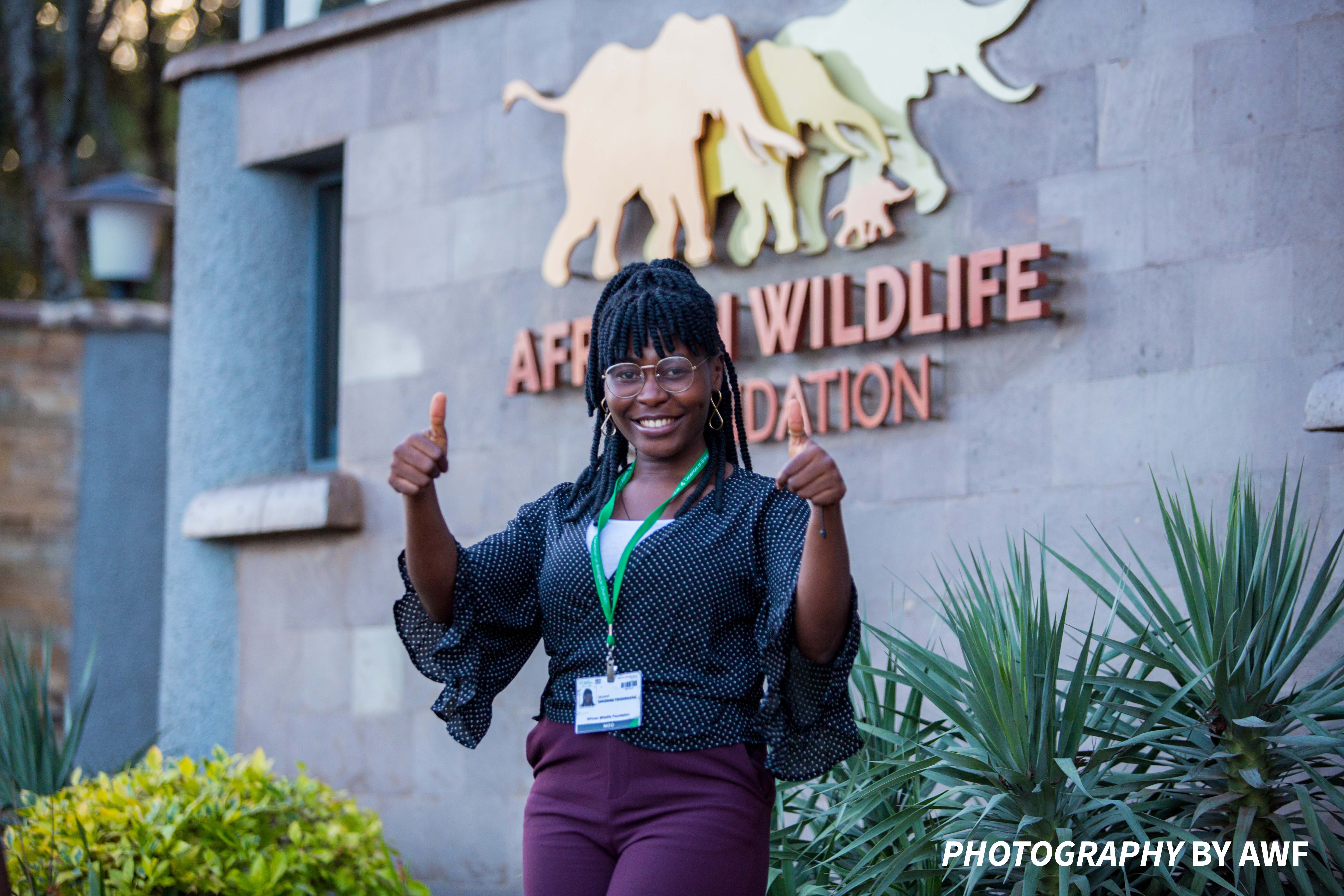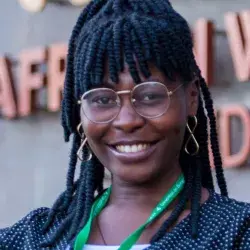Celebrating Africa Youth Day: Why We Need More Young African Biodiversity Scientists

Africa Youth Day is a momentous occasion that spotlights the incredible potential of the continent's youth leaders. At the recently concluded 25th gathering of the Subsidiary Body of Scientific, Technical and Technological Advice (SBSTTA25) of the Convention on Biological Diversity (CBD), held in Nairobi, Kenya, from October 15-19 2023, a pressing issue came to the forefront. African countries expressed concern about the limited representation of African scientists in the Intergovernmental Science-Policy Platform on Biodiversity and Ecosystem Services (IPBES). This concern grew more pronounced following the release of reports on invasive alien species, sustainable wildlife use, and nature values by IPBES. According to several African countries, these assessments needed to adequately reflect Africa's unique biodiversity realities despite approximately many African countries being members of IPBES.
Understanding IPBES and Its Importance
IPBES is like a scientific compass for policymakers. It was created in 2012 as an independent organization to provide cutting-edge insights on biodiversity and its benefits to society. Its mission is to bridge the gap between science and policy by distilling existing knowledge, pinpointing gaps, and offering policy-relevant guidance. IPBES equips policymakers with scientific knowledge, a vital resource for bodies like SBSTTA. SBSTTA, on the other hand, is one of the two permanent bodies of the CBD, and it utilizes reports of scientific bodies such as the IPBES to shape its recommendations to the COP (Conference of Parties). IPBES is a platform that unites experts from various fields, including natural and social sciences, indigenous and local knowledge systems, and stakeholders from diverse sectors.
Why Young African Scientists' Involvement Matters
The active participation of African countries in IPBES assessments is crucial for several reasons. First and foremost, Africa is a global biodiversity hotspot, housing many unique plant and animal species. The continent's diverse ecosystems, encompassing rainforests, savannas, deserts, and coastal areas, significantly contribute to global biodiversity and the lives of Africans. By engaging in IPBES assessments, African countries ensure that Africa's distinct biodiversity patterns, trends, values, and conservation needs are properly acknowledged in global reports. This, in turn, helps tailor conservation policies and strategies to address the specific challenges African nations face.
Africa's biodiversity faces a multitude of threats, including habitat loss, climate change, invasive species, poaching, and unsustainable resource extraction. To address these challenges effectively, context-specific solutions are needed, and these can be developed using data provided by scientists and other knowledge holders. Active participation in IPBES assessments and SBSTTA discussions enables African countries to advocate for conservation approaches that align with their unique circumstances and priorities.

Obstacles to Active African Scientist Participation in IPBES
Several significant challenges hinder the active involvement of African scientists in IPBES. In many African countries, there needs to be more adequate research infrastructure and funding, and in some countries, there is a significant shortage of skilled researchers. With competing priorities, research often takes a back seat. Some nations have yet to fully recognize the importance of research, which results in limited investment in their scientists. Moreover, some countries need more research budgets and proper institutions to train top-quality scientists, hampering their ability to conduct high-quality research and collaborate with scientists from well-established institutions and governments.
Furthermore, many passionate scientists in Africa need access to essential equipment and technologies, limiting their research capabilities. The cost of accessing scientific journals, which often require subscription fees, poses a further challenge that they need help to overcome.
Scientists are invaluable assets for their countries and essential drivers of economic growth. African countries must empower their emerging scientists by providing capacity building and financial support, enabling them to play a leading role in biodiversity protection through research. The time has come for young African scientists to step onto the global stage, including the IPBES and related platforms, to safeguard Africa's biodiversity for future generations.
